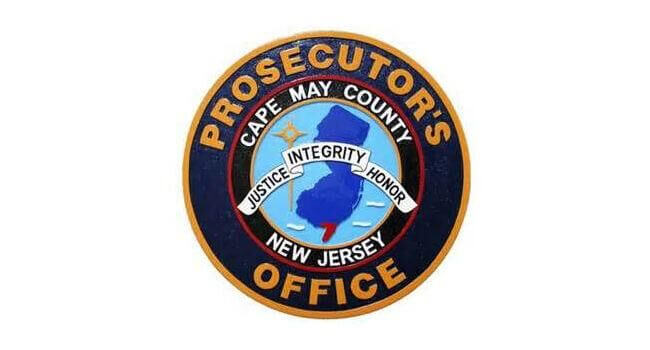WEST WILDWOOD – One of the Herald’s spouters recently wrote, “The top two ranking officers within the West Wildwood Police Department cannot testify in court!” and went on to question why the borough maintains a police department since that is the case.

The Herald posed several questions to Cape May County Prosecutor Jeffrey Sutherland, who called the Herald with an explanation of the so-called “Brady letter,” sometimes cited in cases such as this. Sutherland also said that the West Wildwood department’s chief but not its second-ranking officer, a sergeant, is on the prosecutor’s Brady list.
Sutherland said there are two U.S. Supreme Court cases that could apply. One is Brady v. Maryland, which deals with exculpatory evidence – evidence that would tend to promote the innocence of the defendant in a case. If the prosecution has exculpatory evidence, it is required to turn it over to the defense.
Giglio v. United States deals with someone, such as a police officer, who gives testimony as a witness. According to that case, if a police officer has a record of lying or being dishonest and the prosecution is aware of this history, the prosecution is obligated to advise the defense of the matter.
Sutherland said he maintains a list of police officers who received Brady/Giglio letters, which are commonly referred to as Brady letters, although they fall under Giglio v. United States.
The prosecutor said being on the “Brady list” does not disqualify a person from testifying in court. “There is no such thing as you can’t put someone on the stand because they got a Brady letter,” he said.
However, it might make a prosecutor ask some questions before calling the person as a witness.
Sutherland said that under Giglio, if an officer has been found to be untruthful in another (past or pending) matter, the prosecutor is obligated to disclose that to the defense. But everything is not cut-and-dried in terms of Brady/Giglio.
“If I have a witness that might exculpate the defendant and I don’t call that person as a witness, that is a gray area,” he said.
He also said he would decide on a case-by-case basis if he would call the West Wildwood chief, Jackie Ferentz, as a witness. He said that Ferentz was put on the prosecutor’s Brady list by a predecessor, that there was a list when he arrived in his position, and that he maintains the list.
He said the West Wildwood sergeant, the next-highest in rank, is not on the list.
Sutherland said there might be cases where he might want to use a witness but would have to disclose to the defense that the officer is on the Brady list. He said body camera footage might be a factor in his decision. The case itself would have some bearing, as in the event the officer on the Brady list happened to be a chance witness.
“There are so many gray areas,” he said. “It’s more nuanced and complicated than people realize.”
Asked about the likelihood of a police chief being called as a witness, Sutherland said it almost never happens.
Residents can Google the state Attorney General’s Office’s directives on the matter, specifically directives 2019-6 and 2020-6, the latter requiring that incidents of major discipline of police officers be filed in a public record.
“Directive 2020-6 requires a report when an officer is disciplined and when the officer gets up to five or six days’ suspension,” Sutherland said. “An officer can be suspended for not wearing a uniform properly for three times in a row.”
In 2022, there were 11 incidents of major discipline of police officers in Cape May County: Four suspensions, three terminations, two resignations, one demotion and one officer signing a last-chance agreement, which is essentially a contract between an employer and an employee that gives a worker who has violated workplace polices one last chance to retain employment.
Contact the author, Christopher South, at csouth@cmcherald.com or 609-886-8600, ext. 128.









